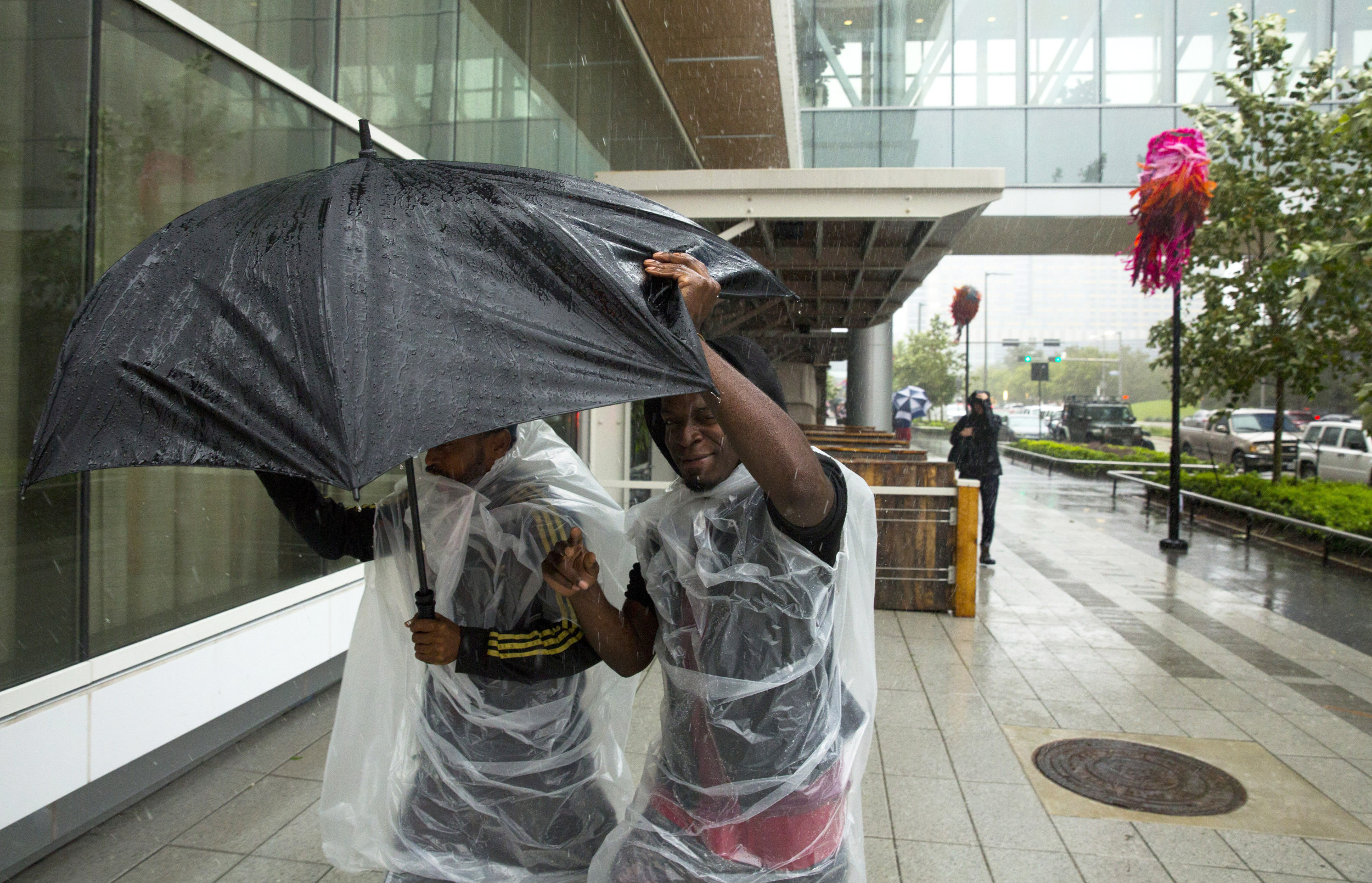Jeff Bezos' Blue Origin announced plans today for a private "business park" space station that will serve both companies and tourists. The station should launch between 2025 and 2030, according to CNBC.
The space station, dubbed "Orbital Reef," will boast nearly as much habitable volume as the International Space Station, allowing 10 people to stay onboard. Orbital Reef is the latest development in Bezos' vision for Blue Origin: To get to the point where "millions of people are living and working in space to benefit Earth."
A coalition of companies will join Blue Origin in making Orbital Reef a reality, including Sierra Space of the Sierra Nevada Corporation, Boeing, Genesis Engineering and Redwire Space.
"We're just beginning to understand the tremendous implications that microgravity research, development and manufacturing can mean, for not only for exploring the universe and making discoveries but improving life on Earth," Mike Gold, Redwire's executive vice president, told CNBC.

Redwire will run the station's payload operations and build its deployable structures. The company plans to also use the station as a site for its microgravity research, development and manufacturing.
Genesis Engineering will work on the station's "Single Person Spacecraft" system which the company says will serve as an alternative to the traditional spacesuit, according to CNBC.
Boeing plans to take the lead on the station's "science-focused module" and will also run Orbital Reef's operations, overseeing its maintenance and engineering. The company plans to use its Starliner capsule to transport crew and cargo to the station, as will Sierra Nevada with their Dream Chaser spacecraft.
Sierra Space will contribute its LIFE (Large Integrated Flexible Environment) habitat to the Reef. LIFE is a module that inflates once brought into space, allowing for greater living quarters that can be transported to the station in a more affordable manner.
Tackling space technology development through coalescing private companies stands in contrast to the past explorations overseen primarily by NASA and other government entities. At the end of the decade, NASA plans to retire the International Space Station, saving the agency more than $1 billion annually. The development of entities like Orbital Reef could be a glimpse into the future of space travel.
"We are in a second golden age of space exploration and development," Gold said.
Last week, Nanoracks, Voyager Space and Lockheed Martin announced that they're creating another private space station, which plans to launch in 2027: Starlab. Up to four astronauts are expected to crew the station.
Uncommon Knowledge
Newsweek is committed to challenging conventional wisdom and finding connections in the search for common ground.
Newsweek is committed to challenging conventional wisdom and finding connections in the search for common ground.
About the writer
Alex J. Rouhandeh serves as Newsweek's congressional correspondent, reporting from Capitol Hill and the campaign trail. Over his tenure with ... Read more
To read how Newsweek uses AI as a newsroom tool, Click here.








